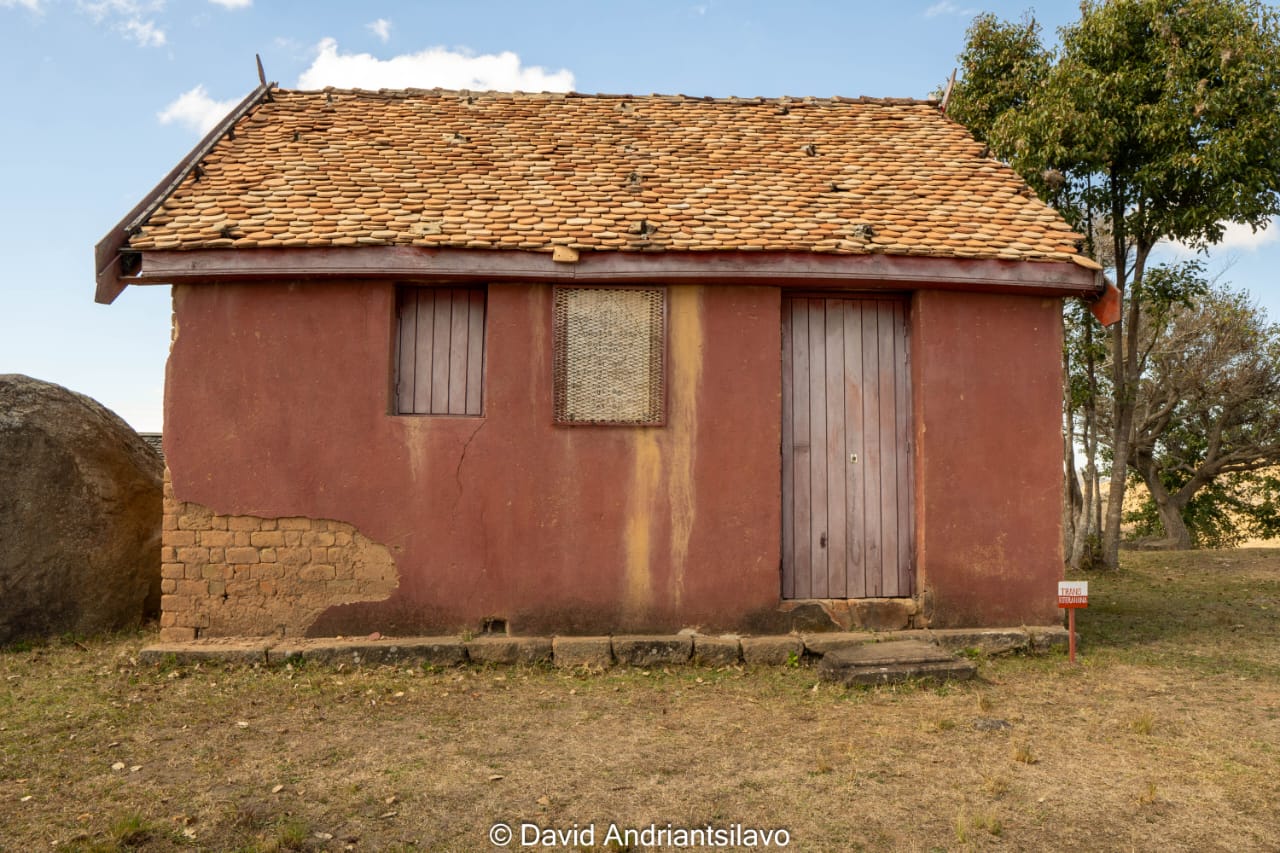Village Tourism in Madagascar: An Asset to Boost the Local Economy?
Changing the trend a little, let’s talk today about village tourism, an offering with immense economic potential. Beyond paradise beaches and famous national parks, village tourism is emerging as a promising alternative for the economic development of local communities. This type of tourism, centered on authenticity, encounters and exchanges, offers numerous advantages for boosting the local economy.


Enhancing local resources :
The advantage of village tourism is that it highlights local resources, whether natural, cultural or artisanal. Visitors discover the traditions, customs and know-how of the local people, creating a demand for local products. For example, Malagasy handicrafts, renowned for their diversity and quality, find a new market that can extend internationally. Weavings, sculptures, jewelry and other handicrafts are sold directly to tourists, generating income for local artisans.

Village tourism creates jobs :
Naturally, the development of village tourism requires a reception infrastructure and services adapted to welcoming tourists. This leads to the creation of jobs in several sectors: accommodation, catering, tour guides, transport, etc. Young people, who are often faced with unemployment, find job opportunities in their own villages, reducing the rural exodus.
Diversifying sources of income for local villages :
In many Malagasy villages, the economy is based mainly on agriculture and livestock farming. Village tourism can offer a diversification of income sources. Families can supplement their agricultural income with tourism activities, such as home-stay accommodation or the organization of discovery workshops (local cuisine, handicrafts, traditional agriculture).


Strengthening cultural identity :
Village tourism encourages local people to preserve and enhance their cultural and natural heritage. With ongoing exchanges, traditions, dances, songs, rituals and even the local language are brought to the fore, reinforcing the cultural identity of communities. This cultural enhancement attracts visitors in search of authenticity, while raising local awareness of the importance of preserving their heritage.
Infrastructure Development :
In addition to creating jobs for local residents, the influx of tourists into villages also leads to improvements in local infrastructure. Roads, water supply systems, electricity and health services often benefit from investment to meet visitors’ needs. These improvements also benefit local residents, enhancing their quality of life.
Increased promotion of ecotourism :
Village tourism in Madagascar is often part of an ecotourism approach that respects the environment. Ecotourism initiatives raise awareness of the need to conserve biodiversity and natural resources. Villages located near national parks and nature reserves play a key role in preserving these areas, while offering tourist activities such as hiking, wildlife observation and guided tours.






